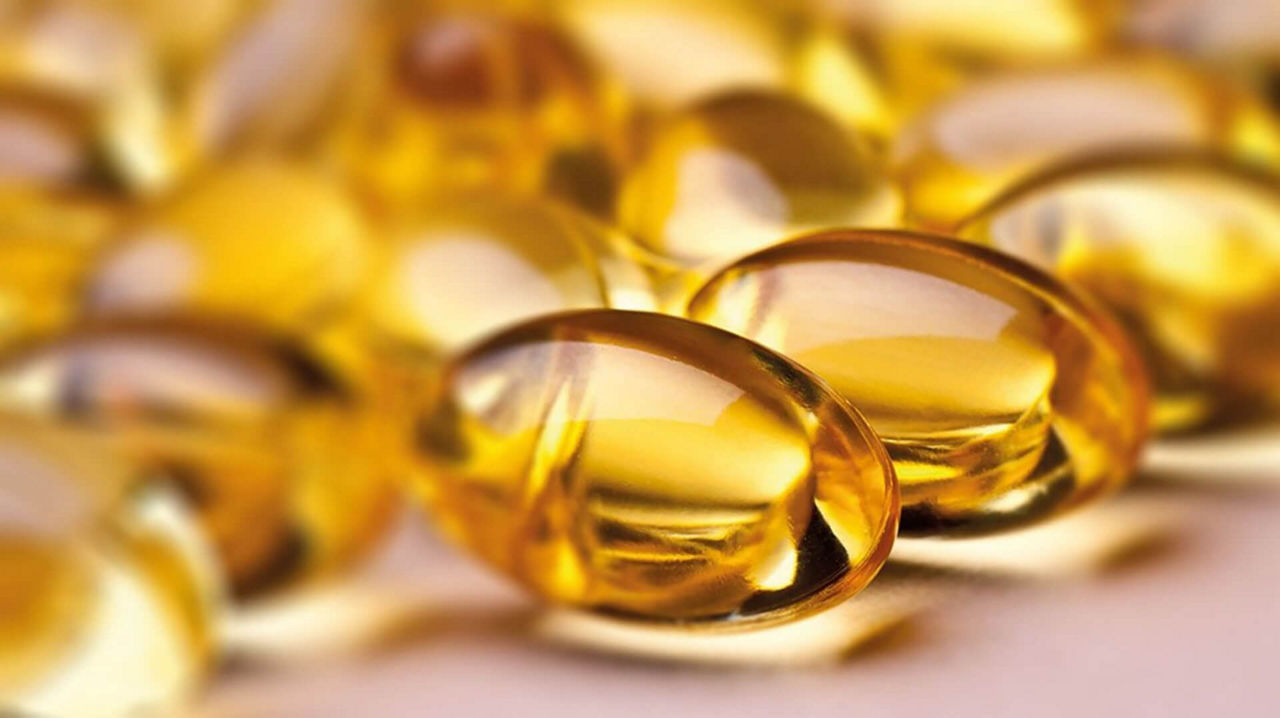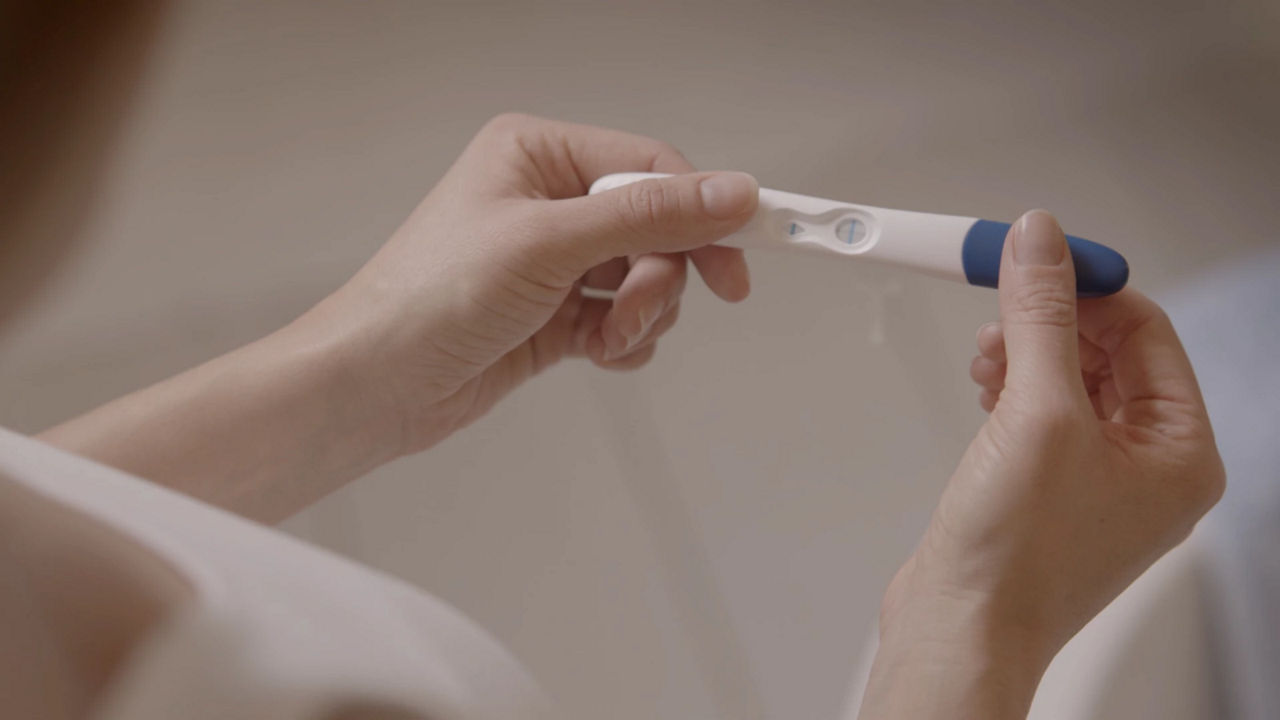Maintaining a healthy, balanced diet before conception and during pregnancy will help to supply adequate nutrition to your growing baby.
Vitamins and supplements for conception

A helping hand
Learn which vitamins you should be taking right now
Taking supplements that contain key nutrients prior to conception and during pregnancy will enhance your healthy diet and help provide additional support as your baby grows. But which vitamins are most important to take while trying to conceive? Discover the roles of folic acid and vitamin D, and why you should include them in your pre-conception diet.
Adding some oomph to your diet
Eating a varied diet can help your body provide the majority of nutrients your baby needs in the early stages of development. However, nutritional gaps can occur, even among the healthiest eaters. A deficiency of vitamins pre-pregnancy can reduce the amount of nutrition your developing baby gets. That's why the government recommends supplementing your diet with two key nutrients, folic acid and vitamin D, while trying to conceive.
The fundamentals of folic acid
Possibly one of the most talked about pregnancy vitamins, folic acid is involved in the very earliest stages of a baby’s development. This is why it’s advisable to start maintaining an adequate intake before conception.
You are advised to take 400mcg of folic acid a day, ideally before you conceive4
Research has shown a link between low folic acid intake and an increased risk of neural tube defects such as spina bifida. To reduce this risk, you're advised to take a daily supplement of 400 micrograms (0.4mg) prior to conception and until the 12th week of pregnancy. This is because eating enough natural folate, found in foods like broccoli, avocados and brown rice, would be difficult.
Ideally, folic acid should be taken from the point you stop using contraception.
A recent study also found that taking folic acid for a year before becoming pregnant significantly reduced the chances of preterm delivery1.
Taking a higher dose
In some cases, mums are advised to take a higher dose of folic acid. Your healthcare professional may recommend taking up to 5mg per day if:
- You have had a previously affected pregnancy
- You or anyone in your family has a spinal cord defect
- You are taking medication for epilepsy
- You're obese, with a BMI over 30
- You have coeliac disease, diabetes, sickle cell anaemia, or thalassaemia1
The importance of vitamin D in pregnancy
Often referred to as the sunshine vitamin, vitamin D is necessary for calcium absorption and to make calcium available for bone development. A maternal deficiency can lead to vitamin D deficiency in infants, which in extreme cases can result in rickets.
A lack of vitamin D may adversely affect bone mineralisation of the growing baby and their stores of it for the early months of life.2
Vitamin D is made by our bodies when the skin is exposed to the UVB rays in sunlight.
The latitude of the UK means that we only get sufficient UVB rays during the summer months. This is why many women are lacking the vitamin D levels required for pregnancy, and why a supplement of 10 micrograms a day is recommended.
About a sixth of British women aged 25–34 are deficient in vitamin D.3
Getting your daily dose
Many women choose a supplement tailored to people who are trying to conceive. These do not contain vitamin A in its animal form, known as retinol, or cod liver oil which can be dangerous for your developing baby in high doses. Although it's a key nutrient for pregnancy, you should be able to get all the vitamin A you need from a healthy, balanced diet.
High doses of retinol, the animal form of vitamin A, can be dangerous for your developing baby.5
There are also supplements available for dads-to-be. While getting all of their vitamins from a nutrient-rich diet is preferable, you may want to suggest adding a supplement to his daily routine while you’re trying to get pregnant.
Next steps
- Folic acid supplement 400mcg/day
- Vitamin D supplement 10 micrograms/day
Remember to avoid supplements containing retinol or cod liver oil.
Related articles

Need some help?
You can get quick answers to common questions in our FAQs.
Alternatively, if you need help with general pregnancy or baby advice, or maybe on using or ordering our products - our expert team are always on hand to talk about feeding your baby.
- Patient UK. Diet and lifestyle during pregnancy [Online]. Available at: http://patient.info/health/diet-and-lifestyle-during-pregnancy[Accessed May 2014]
- Preconception and pregnancy [Online]. Available at: www.bathnes.gov.uk/sites/default/files/banes_maternal_and_child_nutrition_guidelines_digital_june_2013_section_2.pdf [Accessed May 2014]
- Ruston et al. The National Diet and Nutrition Survey: Adults aged 19 to 64 years. HMSO: London, 2004.
- NHS UK. Folic acid leaflet [Online]. Available at: www.nhs.uk/start4life/Documents/PDFs/S4L_Folic_Acid_leaflet.pdf [Accessed May 2014]
- Medline Plus. Hypervitaminosis A [Online]. Available at: https://medlineplus.gov/ency/article/000350.htm [Accessed May 2014]reference text
Last reviewed: 4th July 2016



